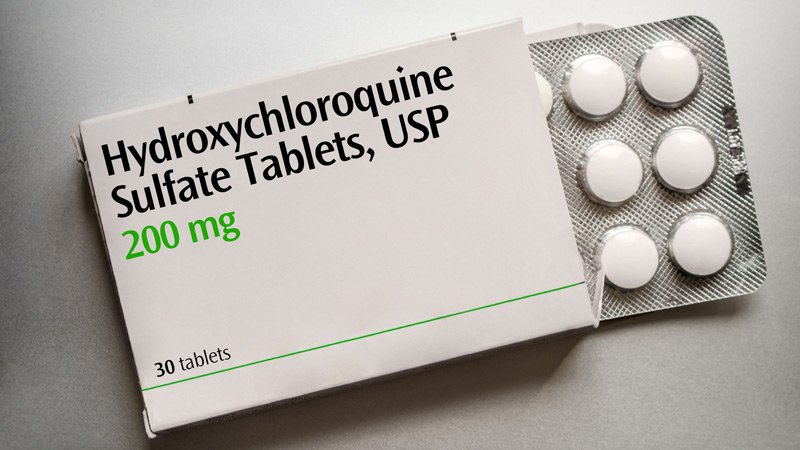NYU Study Shows Promise in Hydroxychloroquine, Azithromycin, Zinc treatment for COVID-19

Hydroxychloroquine (HCQ) has been seen as a promising treatment of COVID-19 despite major push back from the US health establishment.
A new study from New York suggests that the drug may yield positive results when used in combination with the dietary supplement, zinc.
Researchers from the NYU Grossman School of Medicine placed a prepublished paper on their site Monday showing a 44 percent reduction in mortality using the combination: “the first in vivo evidence that zinc sulfate in combination with HCQ may play a role in therapeutic management for COVID-19.”
In the study, half of nearly 1,000 COVID-19 patients were given the triple-drug combo of hydroxychloroquine, zinc, and azithromycin. The other half were given only hydroxychloroquine and the antibiotic, azithromycin.
The results of the study revealed that the patients who received the triple-drug combo had a 1.5 times greater probability of getting better from the disease. They were also more likely to eventually be discharged from the hospital compared to those who were only given the double-drug combination:
The addition of zinc sulfate did not impact the length of hospitalization, duration of ventilation, or ICU duration. In univariate analyses, zinc sulfate increased the frequency of patients being discharged home, and decreased the need for ventilation, admission to the ICU, and mortality or transfer to hospice for patients who were never admitted to the ICU. After adjusting for the time at which zinc sulfate was added to our protocol, an increased frequency of being discharged home (OR 1.53, 95% CI 1.12-2.09) reduction in mortality or transfer to hospice remained significant (OR 0.449, 95% CI 0.271-0.744). Conclusion: This study provides the first in vivo evidence that zinc sulfate in combination with hydroxychloroquine may play a role in therapeutic management for COVID-19.
As explained in this MedCram video, chloroquine and hydroxychloroquine act as a zinc ionophore for cells infected by novel coronavirus.
This shows how both HCQ and zinc are necessary for the treatment to work. You’ll notice that with the papers that show no improvement with hydroxychloroquine treatment on COVID mortality do not include zinc.
The NYU paper addresses this:
Soon current studies will answer whether hydroxychloroquine is effective as monotherapy or in combination with azithromycin. In the case that hydroxychloroquine is found to be ineffective, it may still have a role to play when combined with zinc sulfate. Zinc inhibits RNA dependent RNA polymerase, and has been shown to do this in vitro against SARS-CoV[13]. However, it is difficult to generate substantial intracellular concentrations of zinc, therefore prophylactic administration of zinc alone may not play a role against SarCoV-2[14]. When combined with a zinc ionophore, such as chloroquine (hydroxychloroquine), cellular uptake is increased making it more likely to achieve suitably elevated intracellular concentrations[15]. This combination is already being tested as a prophylactic regimen in a randomized clinical trial.
The study also indicates that the zinc therapy in most helpful before a patient reaches the ICU. It appears that zinc did not affect patients once they made it to the ICU.







